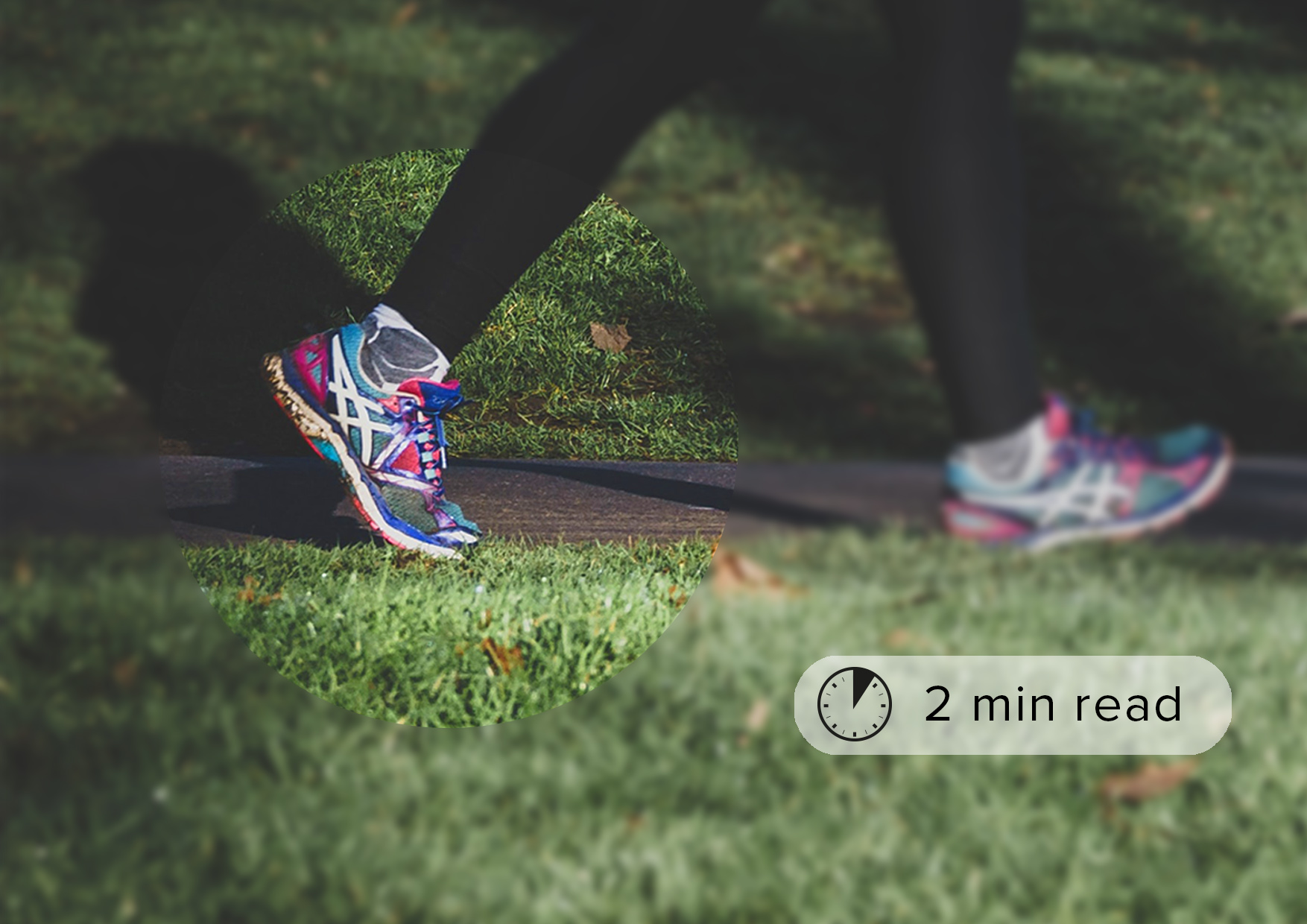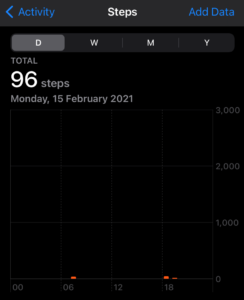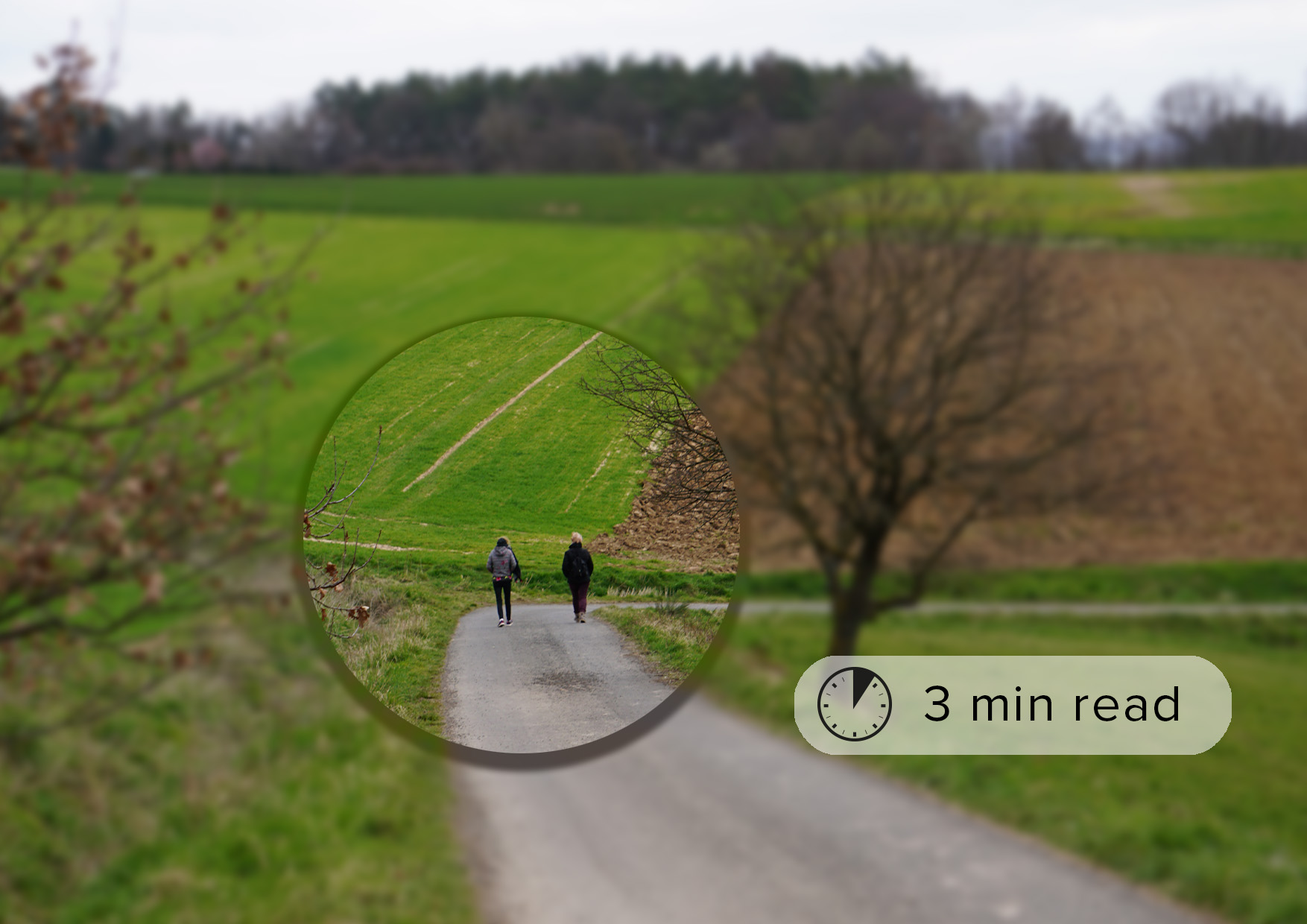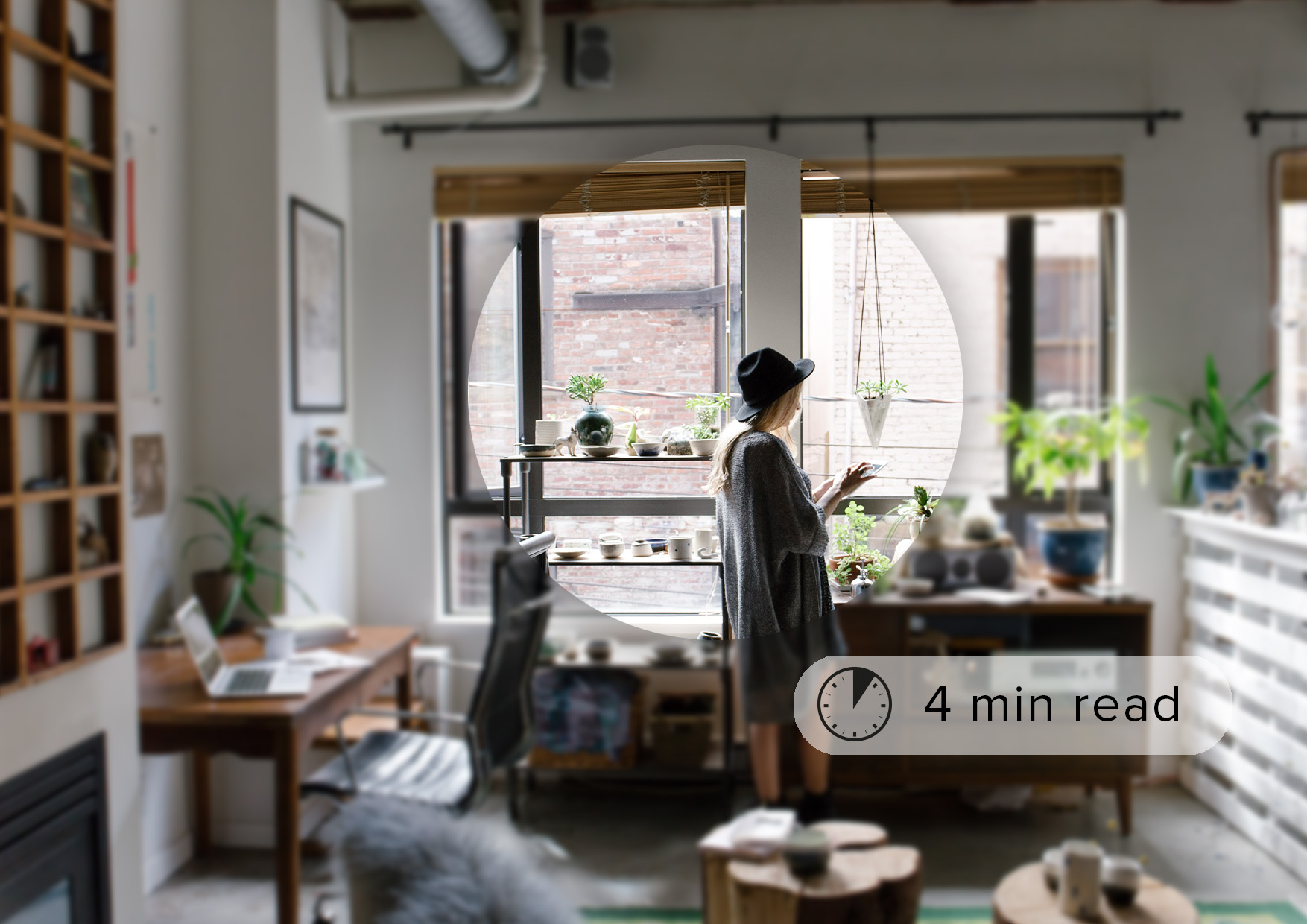You take my breath away
I’m no quitter!
Normally I’d see quitting as a personal failure but when it comes to smoking, I can stand tall and proclaim I am indeed a quitter. Everyone has their reason to quit – whether that’s financial, health related or something else – and reminding yourself of that reason is the main driver to helping you succeed.
The parting of, quite frankly, extortionate amounts of money was a factor for me, but it wasn’t my main reason for wanting to kick the habit. It was more the lack of control I felt. I’d naively convinced myself I wasn’t actually addicted and was only smoking out of choice. But as I realised I didn’t really have the control I thought I did, my enjoyment of smoking started to seriously deteriorate.
Having tried to quit on numerous occasions, the journey to being smoke free is probably one of the most difficult I’ve been on. While equally being one of the most rewarding.
Pack it in!
I put out my cigarette on a crisp new year’s morning and decided it would be my last. It was time. As I said goodbye to my trusted Marlboro lights, I gained a new companion – an electronic vape, complete with tobacco flavoured liquid. While it wasn’t quite the same as my long-term friend, it did help keep the cravings at bay.
Unbeknown to me though, a nationwide lockdown was on the horizon and I was very soon stuck inside and furloughed. If there was ever a time to give in to my cravings, here it was. My wife was still smoking, and I knew there was a pack somewhere in one of the draws. Fortunately, but rather frustratingly for me on the day my craving for a cigarette hit hardest, she’d taken them to work. Had she not, my journey would’ve come to an abrupt end and I’d likely be outside puffing away instead of writing this.
Today is the day
I slowly transitioned to nicotine free liquid and was vaping progressively less, until one day I just didn’t feel the need to pick it up. I was there. I’d reached the light at the end of a tunnel I never thought I’d get out of.
I’m now no longer at the mercy of nicotine cravings and I don’t (to my knowledge anyway) walk around with a distinct aroma attached to me.
So, whether you’re embarking on a solo journey or need some support, there’s never been a better time to start than now.
January 1 2020, around 9am was my last cigarette. And I very much intend to keep it that way!


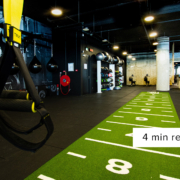


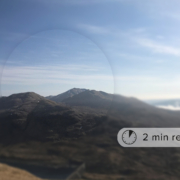
 Planning a big day of hillwalking can be great, and it’s brilliant to have something to look forward to. But even just getting out of the house for a trek round the block can help boost your mood and improve your
Planning a big day of hillwalking can be great, and it’s brilliant to have something to look forward to. But even just getting out of the house for a trek round the block can help boost your mood and improve your 